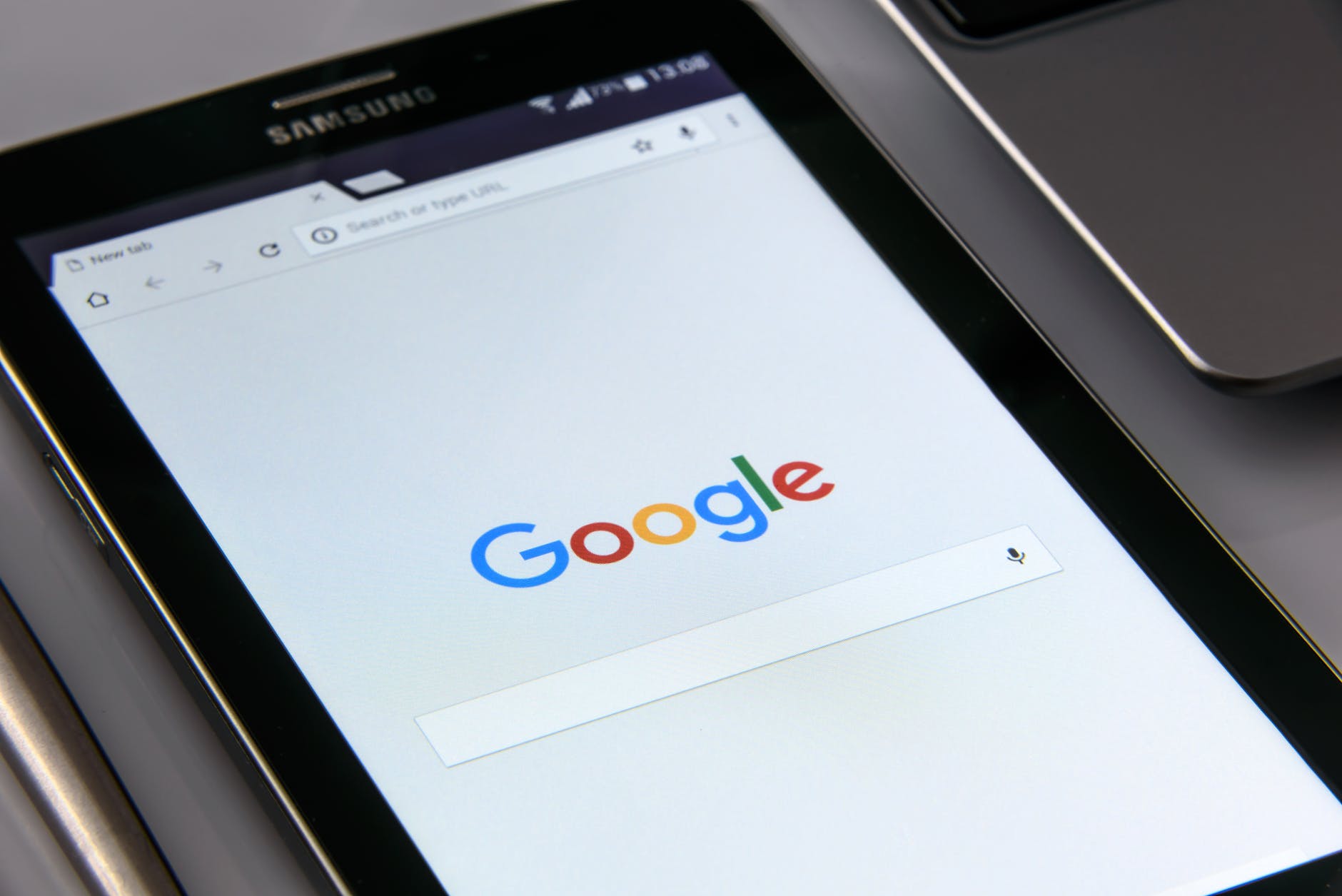Google Photos accidentally sent people’s private videos to strangers

The quick version: Google has apologized for a breach that accidentally sent people’s videos to strangers.
The details: A bug meant that some people who exported their photos and videos stored in Google Photos between November 21 and November 25, 2019, accidentally had private videos shared with strangers. The service affected, called Google Takeout, lets people download their data. In a statement to 9to5Google, which first reported the story, Google said: “We fixed the underlying issue and have conducted an in-depth analysis to help prevent this from ever happening again. We are very sorry this happened.” Photos weren’t included in the breach, which Google said affected less than 0.01% of people attempting to export their data.
How do I know if my videos have been shared? Google is emailing everyone who was affected by the breach with this letter.
Nightmare scenario: Google didn’t specify a number of users who were affected, only a percentage, but it’s worth bearing in mind it could still be a decent number of people, considering Google Photos has over a billion users. And It doesn’t get much more personal than people’s private videos.
Quid pro quo: Part of the reason Google Photos is so popular is that it offers unlimited free cloud storage for pictures. However, the breach is a reminder that there’s a trade-off involved: Google gets access to the images, which it uses to train its machine-learning algorithms. In turn, these power many of the features that users like so much, like automatically grouping snaps of their pets or adjusting the lighting in their photos. Most users are happy with that trade-off —so long as their photos are sure to be kept safe. It remains to be seen whether this error will affect user confidence in the service.
Deep Dive
Computing
How ASML took over the chipmaking chessboard
MIT Technology Review sat down with outgoing CTO Martin van den Brink to talk about the company’s rise to dominance and the life and death of Moore’s Law.
How Wi-Fi sensing became usable tech
After a decade of obscurity, the technology is being used to track people’s movements.
Why it’s so hard for China’s chip industry to become self-sufficient
Chip companies from the US and China are developing new materials to reduce reliance on a Japanese monopoly. It won’t be easy.
Stay connected
Get the latest updates from
MIT Technology Review
Discover special offers, top stories, upcoming events, and more.